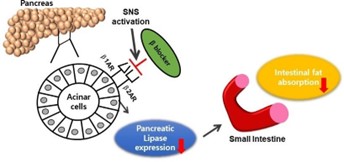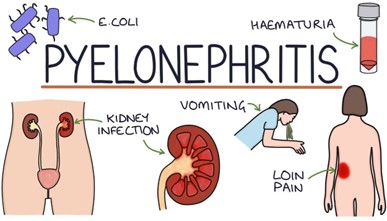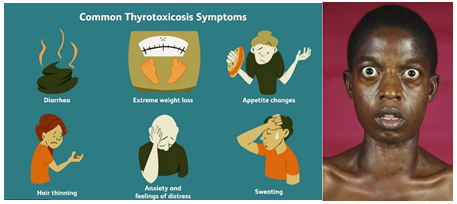Which laboratory test result will the nurse monitor to evaluate the effects of therapy for a patient who has acute pancreatitis?
Bilirubin
Calcium
Lipase
Potassium
The Correct Answer is C
Lipase is an enzyme that is produced by the pancreas and is involved in the digestion of fats. In acute pancreatitis, the pancreas becomes inflamed, and lipase levels in the blood can become significantly elevated. Monitoring lipase levels can help healthcare providers to assess the severity of pancreatitis, track the effectiveness of treatment, and determine when it is safe to start a patient on a normal diet.

Nursing Test Bank
Naxlex Comprehensive Predictor Exams
Related Questions
Correct Answer is A
Explanation
The most helpful finding by the nurse in determining whether a 67-yr-old patient with benign prostatic hyperplasia has an upper urinary tract infection (pyelonephritis) would be
**costovertebral tenderness**⁴. This is because costovertebral tenderness is a common symptom of pyelonephritis⁵. Pyelonephritis is an infection of the upper urinary tract that can cause fever, chills, flank pain, nausea, vomiting, and costovertebral tenderness⁵. Foul-smelling urine and bladder distention are not specific symptoms of pyelonephritis⁵. Suprapubic discomfort can be a symptom of lower urinary tract infection⁵.

Correct Answer is ["B","E","F"]
Explanation
The other options are not typically used in the treatment of thyroid storm. Captopril is an angiotensin-converting enzyme (ACE) inhibitor used for hypertension and congestive heart failure, amiodarone is an antiarrhythmic drug used for cardiac arrhythmias, and aspirin is a nonsteroidal anti-inflammatory drug (NSAID) used for pain relief and fever reduction.
Whether you are a student looking to ace your exams or a practicing nurse seeking to enhance your expertise , our nursing education contents will empower you with the confidence and competence to make a difference in the lives of patients and become a respected leader in the healthcare field.
Visit Naxlex, invest in your future and unlock endless possibilities with our unparalleled nursing education contents today
Report Wrong Answer on the Current Question
Do you disagree with the answer? If yes, what is your expected answer? Explain.
Kindly be descriptive with the issue you are facing.

